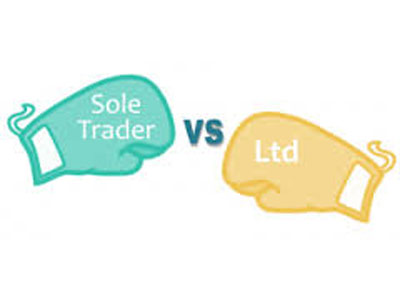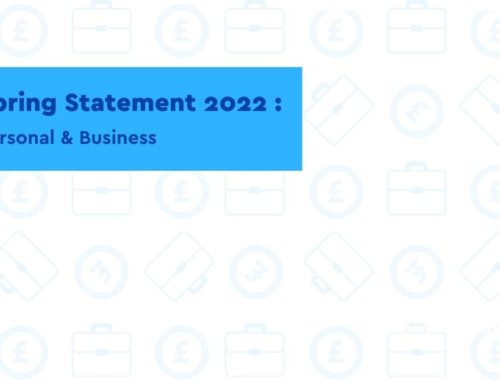We are often asked is it better to set up a limited company or sole trader/partnership.
Morgan Reach has prepared the following guide:
| Limited Company | Sole Trader/Partnership |
Companies are governed by the companies Acts. A company must:
|
Sole traders and partnerships are not required by law to have annual accounts nor to file accounts for inspection. However, annual accounts are necessary for personal tax returns. |
| Companies may have greater borrowing potential. They can use current assets as security by creating a floating charge. | Sole traders and partners are unrestricted in the amount and purpose of borrowings but cannot create floating charges. |
| Shares in a company are generally transferable – therefore ownership may change but the business continues. |
| Shareholders’ liability is limited, so is a safer investment. | There is little distinction between the business and a sole trader/ the partners, so their personal assets are not protected. |
| Incorporation does not guarantee reliability or respectability but gives the impression of a soundly based organisation. Personally, there may be prestige attached to a directorship. | The unincorporated business does not carry the same prestige. |
| Tax is deducted from director’s salaries via PAYE, which is then paid at regular intervals to HMRC. If applicable, higher rate tax is paid by shareholders on dividends under the self-assessment regime. Corporation tax is payable 9 months after the year-end. | For a sole trader or partner, any tax arising is due by 31st January following the tax year. Depending on the level of tax due, instalments for your next tax bill may also arise which are payable on the 31st January of the relevant tax year and the following 31st July. |
| Losses in a company can only be carried forward to set against future profits. | Losses generated by a sole trader or a partner can be set against other income of the year or carried back to prior years. |
| For profits up to £300,000 tax is charged at 20% (2014/15). | Profits are taxed at 40% on taxable income in excess of £31,865 and at 45% over £150,000 (2014/15). |
| There is both employers and employees’ national insurance payable on directors’ salaries and bonuses. The NI charge is greater than that paid by a sole trader/partner. | A partner/sole trader will pay Class 2 NI of £2.75 per week and Class 4 NI dependent on profits in excess of £7,956 (2014/15). |
Download your FREE GUIDE, Limited Company vs Sole Trader/Partnership from our Resources Page on our website.







